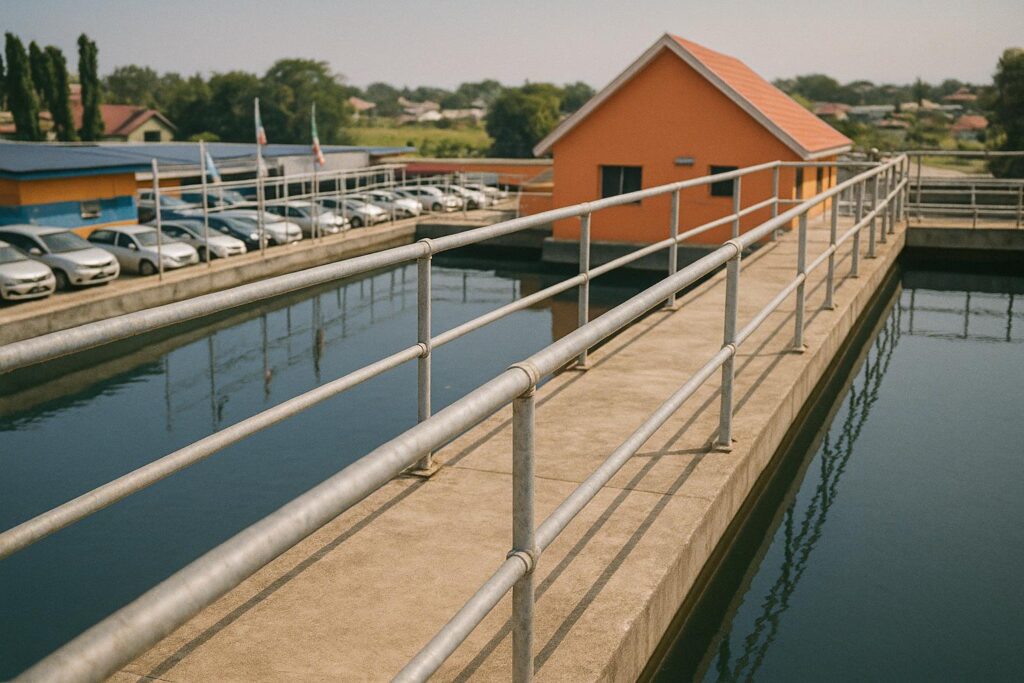A Landmark Tap Opens in Bor
Children erupted into cheers as the first stream of treated water flashed from a silver tap in Bor, Jonglei State, last Thursday. For residents long dependent on untreated Nile water, the moment felt like swapping uncertainty for safety.
The Bor Urban Water Supply System, launched on 6 November 2025 by UNICEF and South Sudan’s Ministry of Water Resources and Irrigation, promises reliable, climate-resilient drinking water for more than 96,000 people—roughly the entire urban population.
Engineering Built for Climate Shocks
Engineers drilled deep boreholes and linked them to solar-powered pumps that feed an elevated 750-cubic-metre reservoir. Advanced filtration units strip sediments and pathogens, creating a network designed to endure floods and droughts that increasingly rattle the Sudd wetlands.
Partnerships Driving the Project
Funding arrived from the Netherlands and the Korea International Cooperation Agency, while the South Sudan Urban Water Corporation oversaw construction. “This is dignity made tangible,” said UNICEF Representative Noala Skinner, praising what she called a rare alignment of government resolve and donor confidence.
National Water Minister James Mawich Makuach underlined sustainability, noting that forty local technicians have completed training. “The system belongs to Bor,” he said, adding that locally available spare parts and transparent tariffs should keep every drop flowing.
Daily Life Transformed
Mary Nyok, a mother of five, remembers dawn walks to the river that sometimes ended with diarrhoea for her children. “Now clean water is here,” she told reporters amid celebrations. Vendors, schools and clinics have already connected, replacing jerry-can commerce with household taps.
Youth leader Akuot Deng spoke of broader impact: “When water is safe, girls stay in class and elders farm instead of queuing at wells. It frees time to dream.” Health officials predict a quick fall in waterborne diseases.
Momentum Beyond Bor
The project forms part of a nationwide WASH drive that aims to replicate the model in other towns. Governor Riek Gai Kok called the launch “a new chapter of renewal.” Observers believe the visible success could accelerate similar schemes across the Nile corridor.


